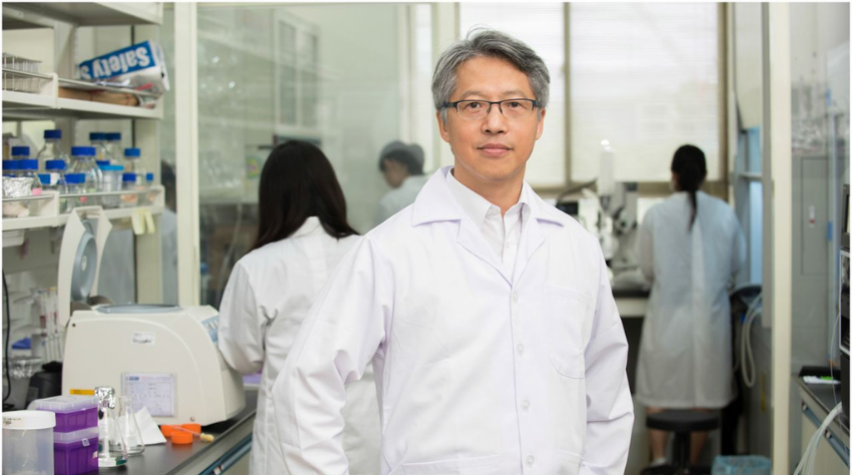
Dr. James C. Liao, President of Academia Sinica, Taiwan, has been awarded the Gregory N. Stephanopoulos Award for Metabolic Engineering. The award is given to a prominent scientist or engineer who has made seminal contributions to the industrial translation of basic developments in metabolic engineering, or quantitative analysis, design and modeling of metabolism. Dr. Liao will receive the award at the Metabolic Engineering Conference taking place in Singapore organized by the International Metabolic Engineering Society (IMES).
Contributions
Professor Liao has a long history of innovative contributions in the analysis, design, and engineering of metabolic systems.
He made several game-changing innovations, both in genetic alteration of organisms, and in computational methodologies. He is the inventor of the high-flux isobutanol bioproduction technology, which is now commercialized by Gevo, Inc (Englewood, Colorado). He is the first to demonstrate direct conversion of CO2, cellulose, or waste protein to isobutanol, n-butanol 2-methyl- 1-butanol, or 3-methyl-1-butanol as drop-in fuels. In addition, he developed an integrated electro-microbial process to convert electrical energy to chemical energy in liquid drop-in fuel.
Recently, he developed the first synthetic methylotrophic E. coli that can grow with methanol as the sole carbon source. These accomplishments are all based on his fundamental scientific research with metabolic modeling techniques and insights.
Research
Dr. Liao's research has focused on metabolism, including its biochemistry, regulation and redesign. Currently, his work includes design and engineering biochemical pathways for CO2 fixation and production of fuels and chemicals.
The award
In collaboration with the AIChE Foundation, the Stephanopoulos Award is supported through the generosity of donors, including many close colleagues and friends of Greg familiar with his impact. If you are interested in joining to advance the award, please contact Natalie Krauser at natak@aiche.org.
About IMES
The International Metabolic Engineering Society promotes the use of metabolic engineering — the optimization of the genetic and regulatory processes within cells — as an enabling science for bio-based production of advanced materials, pharmaceuticals, food ingredients, chemicals, and fuels. One of its venues for collaboration and information exchange is the biannual Metabolic Engineering Conference, where practitioners share knowledge and discuss current developments made in the field.


